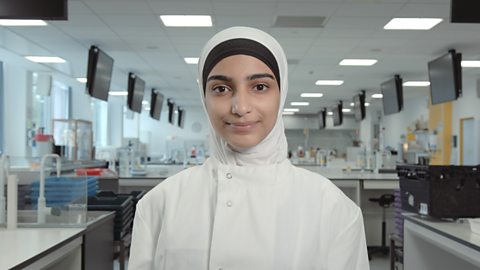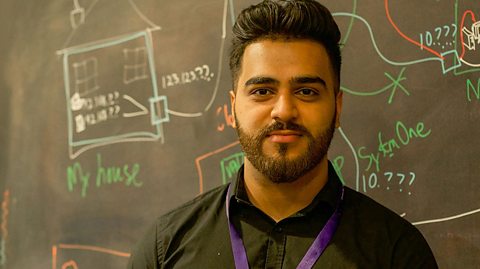
Age
21
Company
Babylon Health
What is your job?
I test the quality and safety of a medical app, to help make it work better for people who will use it to get medical advice. I find out about the ways people want to use the app, and test it to make sure it works properly. After my five-week internship, I will go back to medical school, where I am studying to become a doctor.
This is the future. These technologies are going to make things better for the patient and the doctor.
Qualifications
At school, I picked Triple Science, Maths and Further Maths. I also did an Engineering GCSE. Then at university, I did a Medical Physics and Biomedical Engineering degree.
Best thing about your job?
I get to work in two subjects that I am interested in; learning to be a doctor and as an intern using new technology to help patients. Medicine and technology go hand in hand.
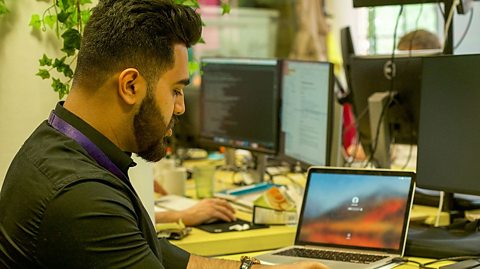
Top tips
Just enjoy your subjects. You should explore what you enjoy doing and learning about. You are allowed to change over time. Keep doing your hobbies, because later on in life they will help you stay healthy, and if you want to go to university they will help with your personal statement.

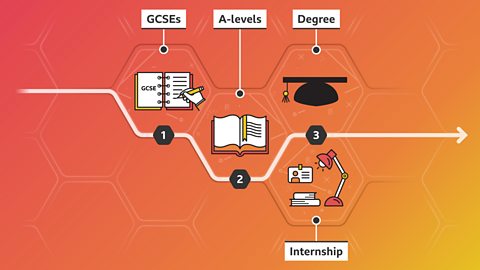

After Inshal finishes his studies, he can qualify as a doctor or GP and work in a number of different locations such as a hospital, in the community or in a general practice or surgery. If he works in a general practice, he will be known as a GP (general practitioner). GP's are doctors who provide medical services to people in their local community.
What to expect if you want to be a doctor
- Doctor average salary: NHS bands 8b - 8d. Read more about . Salaries will differ in private healthcare.
- Doctor typical working hours: 45 to 50 hours per week, including evenings, weekends and bank holidays.
What qualifications do you need to be a doctor?
You can get into this role via a university course. You'll need to complete:
- a 5-year degree in Medicine, recognised by the General Medical Council
- a 2-year foundation course of General Training
- a 3-year specialist training course in General Practice
You may be able to join a 6-year degree course in Medicine if you have no Science qualifications. This includes a one-year pre-medical or foundation year. Medical schools will also expect you to have some relevant paid or voluntary work experience. The has information on finding a placement.
Sources: LMI for All, National Careers Service
This information is a guide and is constantly changing. Please check the website for the latest information and all the qualifications needed.
For careers advice in all parts of the UK visit: , , and .


Find work experience placements with Workfinder.
Tips and advice
Help with interviews, writing a CV and all things work experience related.


Jaz: research scientist. video
Jaz is a research scientist and PhD student.
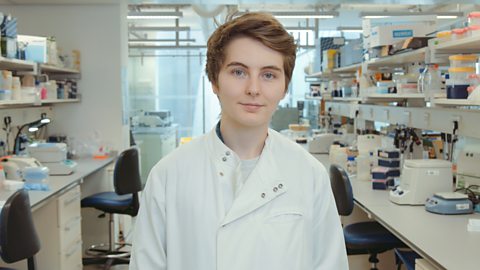
Khadija: first aider
Khadija uses her medical knowledge to teach young people first aid.
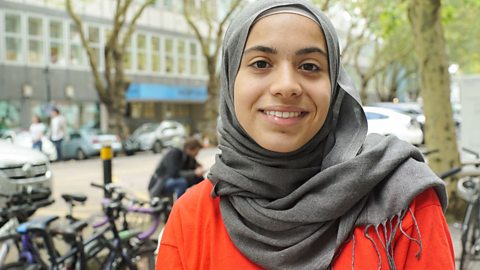
Zahra: researcher video
Zahra's a student and researcher at the University of Salford.
